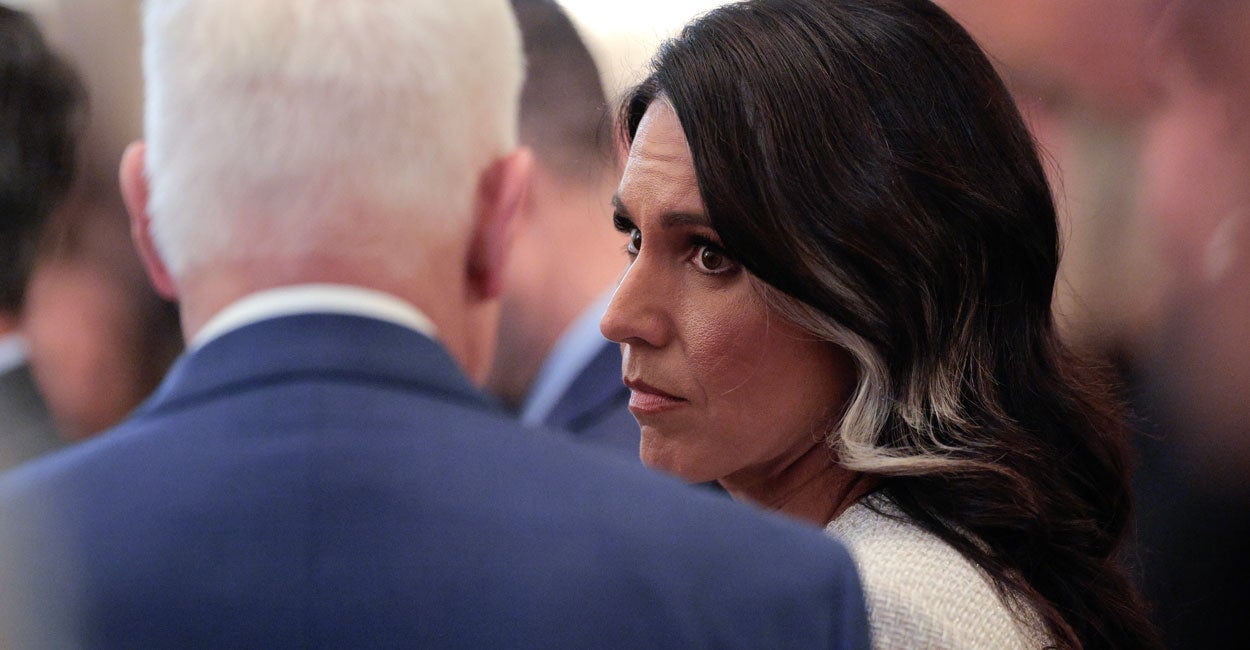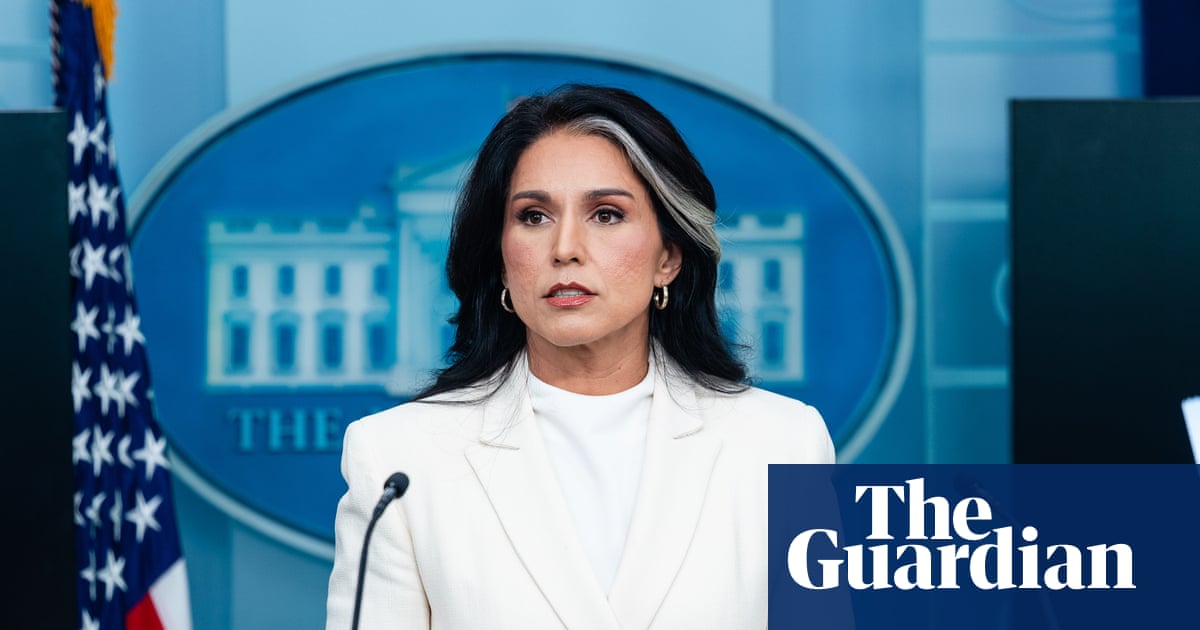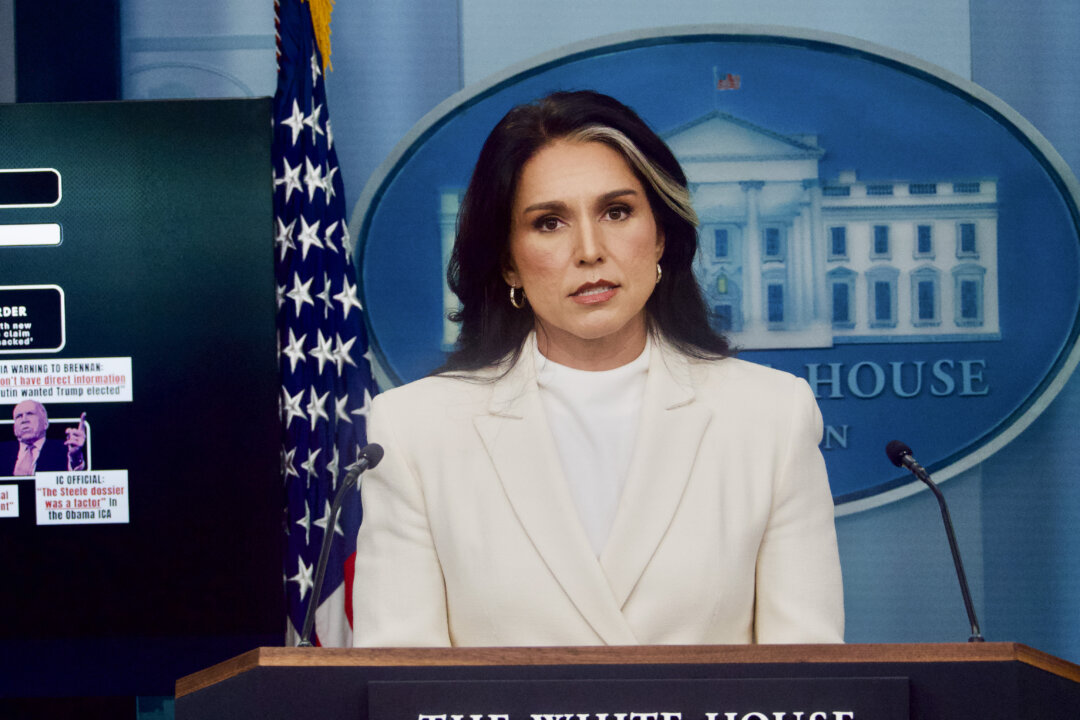Trump Administration Revokes Security Clearances for 37 Officials Amid Politicization Claims
The Trump administration revoked security clearances for 37 officials, citing politicization and a "Russia hoax." Legal expert Mark Zaid criticized the move as unlawful, sparking debate on intelligence use.
Subscribe to unlock this story
We really don't like cutting you off, but you've reached your monthly limit. At just $5/month, subscriptions are how we keep this project going. Start your free 7-day trial today!
Get StartedHave an account? Sign in
Overview
- The Trump administration revoked security clearances for 37 current and former government and national security officials, as reported by multiple news sources, sparking significant controversy.
- Reasons cited for these revocations included accusations of politicization, weaponization, and manipulation of intelligence, alongside references to a "Russia hoax" by the administration.
- Affected individuals included those involved in assessing Russia's influence in the 2016 election and members of Joe Biden's National Security Council, highlighting broad impact.
- Legal expert Mark Zaid publicly criticized the Trump administration's actions, deeming the revocation of these security clearances unlawful and unconstitutional, raising legal questions.
- This immediate action against 37 officials underscores ongoing debates regarding the perceived political use of intelligence and government security protocols within the US.
Report issue

Read both sides in 5 minutes each day
Analysis
Center-leaning sources frame this story as a politically motivated act of retribution by the Trump administration against perceived adversaries. They emphasize the lack of evidence for the accusations and portray the revocations as part of a broader pattern of wielding government power to silence dissent and undermine established intelligence findings, particularly regarding Russian election interference.
Articles (11)
Center (2)
FAQ
The Trump administration cited accusations of politicization, weaponization, and manipulation of intelligence to advance personal or partisan gain, along with references to a "Russia hoax," as the main reasons for revoking the security clearances of the 37 officials.
The affected individuals included current and former government and national security officials involved in assessing Russia's influence in the 2016 election as well as members of Joe Biden's National Security Council, indicating a broad impact.
Legal expert Mark Zaid criticized the revocations as unlawful and unconstitutional, suggesting they raise important legal questions about due process and the politicization of intelligence-related government procedures.
When security clearances are revoked, individuals may face severe consequences including loss of job stability and future career opportunities; they have the right to appeal through a formal process involving written rebuttals, hearings, and possibly further appeals.
Courts generally defer to the Executive on security clearance decisions, which are seen as discretionary; however, there is an emerging exception allowing judicial review when there are substantiated constitutional claims, particularly concerning retaliation or violations of rights.
History
- 2M

 4 articles
4 articles









